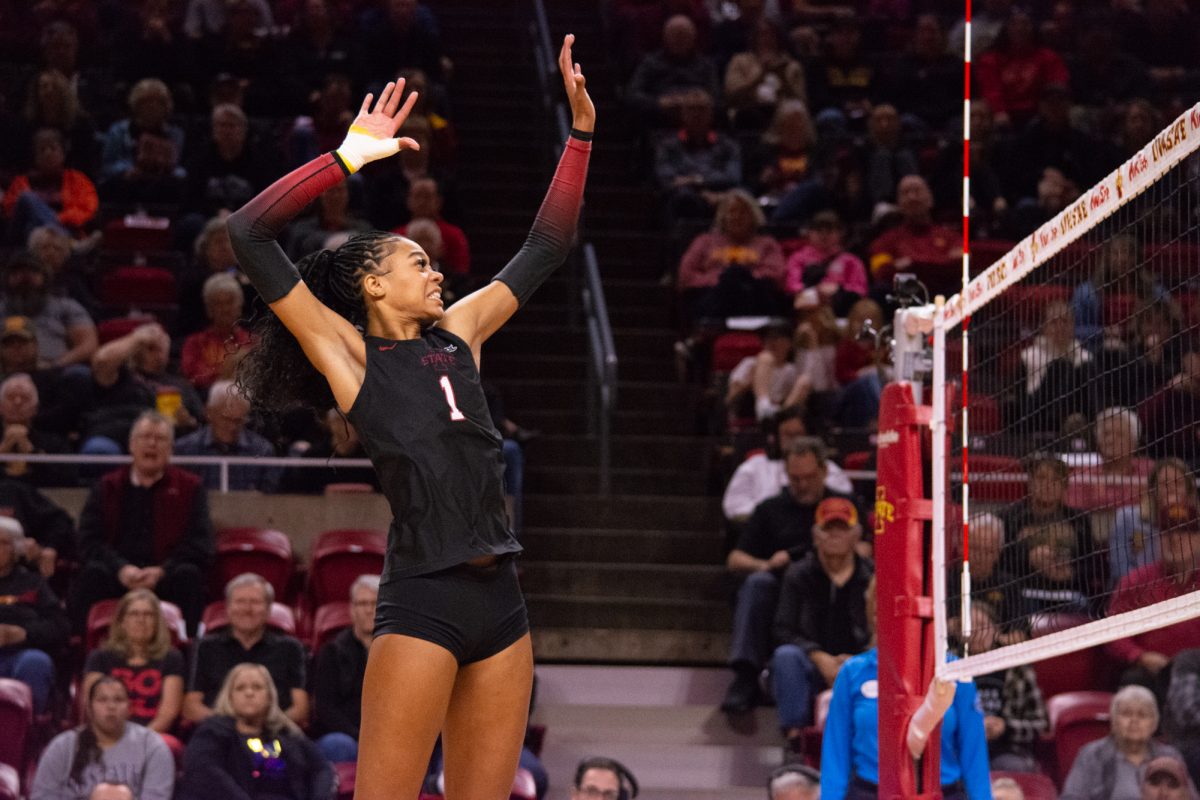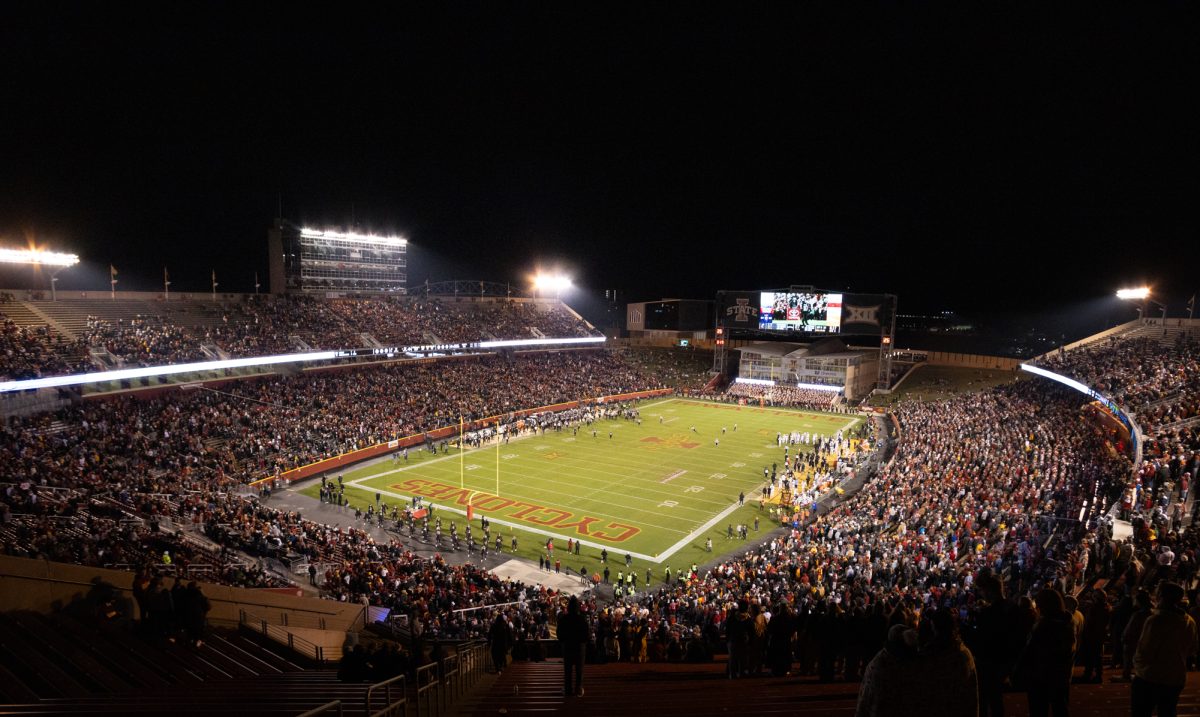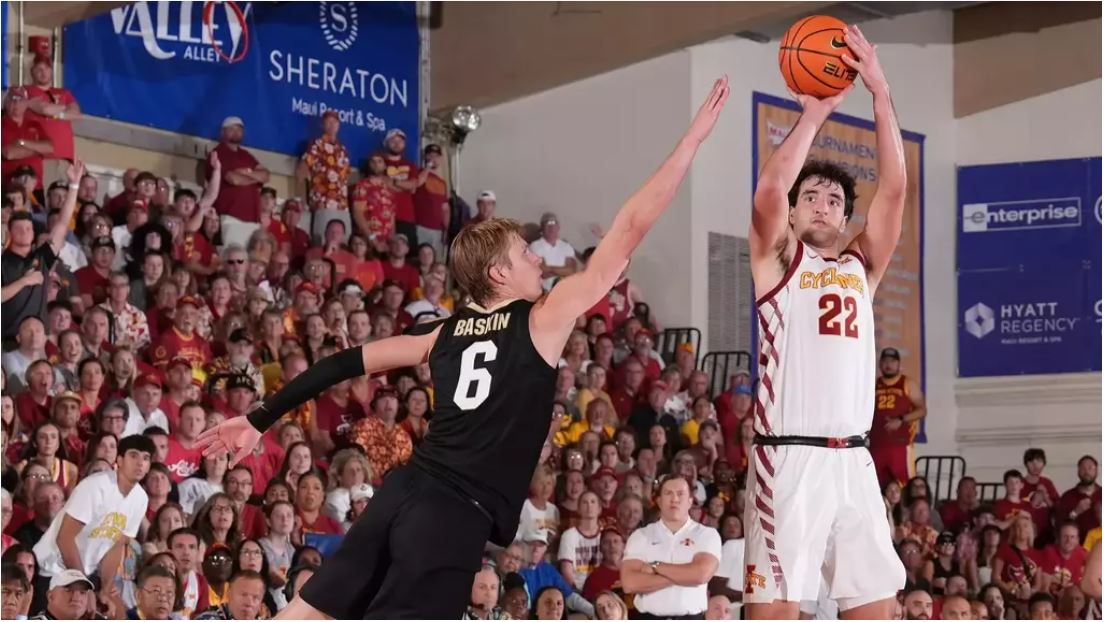LETTER: Geoffroy shouldn’t pull a Jischke
April 20, 2004
President Geoffroy’s handling of the Veishea disturbanceÿshould meet student resistance on two points.
First, in a recent Des Moines Register article, he predictably vows to punish any student rioters through the university disciplinary process. The student disciplinary process, implemented at many colleges and universities over the years, has its roots in chilling free speech during the Vietnam War. It is a blunt instrument, caught up in “the school is your parent away from home” motif of the 1960s.ÿ
The disciplinary committee rarely achieves a rehabilitative result and often is used selectively to woodshed political undesirables. For example, had a student been cited for a misdemeanor offense in Texas over spring break, that would be the end of it —ÿa presidential candidate joked recently that students should be pardoned for what they do on spring break. On the other hand,ÿif this same student was cited forÿa misdemeanor offense at Veishea, newspaper columnists would be calling for her expulsion. See the difference? Me neither.
Second, Geoffroy is mulling a ban on Veishea, the student organization and its activities. A ban is neither a time nor place nor manner restriction — a free speech standard to which the university claims adherence. When Geoffroy arrived on campus, he rejected Jischke’s notion of “free-speech zones.” That’s all well and good when you’re trying to distinguish yourself from the outgoing president in a nebulous, apolitical way unrelated to any hotbed issue.ÿÿ
But Geoffroy should stick toÿthe promise of his principlesÿwhen the heat is on in a specific situation. An outright Veishea ban would deny students the opportunity to freely coalesce, assemble and associate.
In a sense, a Veishea ban is far worse than cordoning off a free-speech zone. It unfairly links lawbreakers with Veishea organizersÿwhile presupposing the authority to end the very existence of a student organization.
Geoffroy should resist the authoritarian, knee-jerk responses for which his predecessor was so despised. If he follows in Jischke’s footsteps and caves to public pressure, students, especially those who denied parade permits to political groups, should understand that shutting down a student organization and denying access to a public forum is not his call.
David Cmelik
Alumnus





